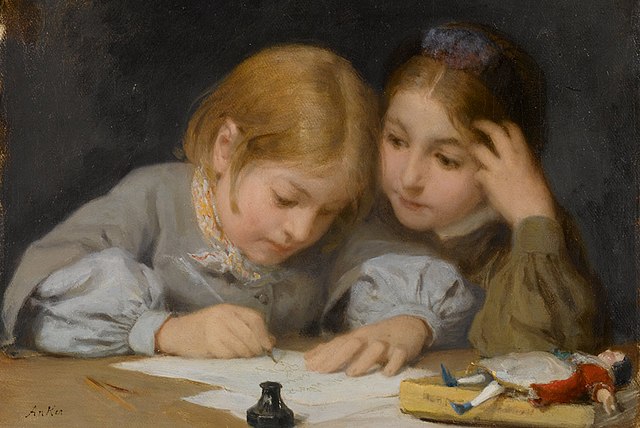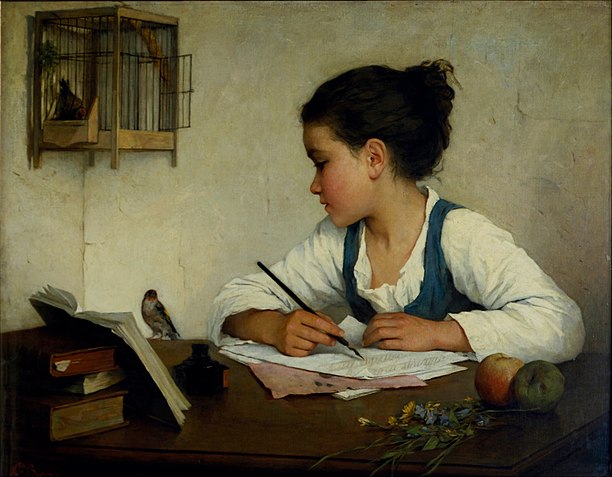
If an English-speaking library user asks a question we do not understand, the previous blog entry in the series of Basic English Phrases for Library Staff suggested some ideas of how to solve the problem. It is also useful to remember not to try to translate Thai phrases in our heads to figure out something to say. It is natural when we are confused about vocabulary and what to respond to think in our native language, and then make an effort to understand how the same thing would be said in English. The problem is that this process takes a lot of time. The English-speaking student or ajarn stands waiting while we are silently thinking, trying to find a solution. This is especially difficult over the phone, when long silences can be misunderstood by the caller, who may wonder if we hung up the phone. To avoid long pauses, try not to translate Thai ideas into English, but say whatever English phrases we can think of at the moment that may be useful, for example:
I will get someone who speaks better English.
Please wait a moment.
The library user should wait in the same place until we bring someone who is more comfortable with speaking English. If we want the English-speaker to follow us, to go to the other staff member who understands English better, we could say:
I will take you to someone who speaks better English.
If the library user does not start to follow us, we can say:
Please follow me.
Sometimes no one else is available with better English language skills, and so to help the English-speaking library user, it would be best to have them leave a message. If they have a general question or problem, we can invite them to
Write us an email message on the library website.
If they do not see where to write to us on the website, we can add:
Just click on Contact Us on the library homepage.
If there is a form to be filled out for some reason, we can tell the visitor:
Fill out this form, please. Write down your telephone number.
If we do not need a telephone number, but an email address, we can say:
Write down your email address.
It is also considered polite to ask the visitor:
How would you prefer to be contacted? By phone or email?
After we receive some contact information from the library user, we can let them know:
Someone will contact you.
It is easier to remember to say Someone will contact you, since the verb contact describes writing or calling by phone. Only one phrase is necessary to remember instead of different ones. The point of learning these phrases is that even if the visitor has not had an immediate reply to whatever the problem is, we have shown that we want to help solve the issue. With contact details, it is possible to get back in touch with the library user and help at a later time. While it is always possible to tell the library user to try again later or on another day when there may be a staff member available to help them, this is not as friendly and helpful as promising to get back in touch with a solution. It makes a better impression of a service-oriented, helpful library to get back in touch with anyone who has a problem, rather than to tell them to try again another time.

(All images courtesy of Wikimedia Commons)
